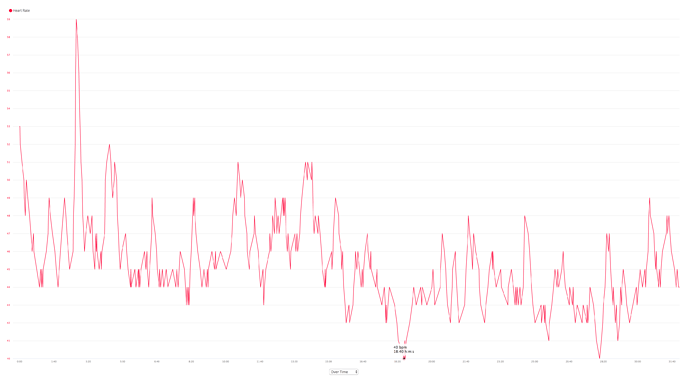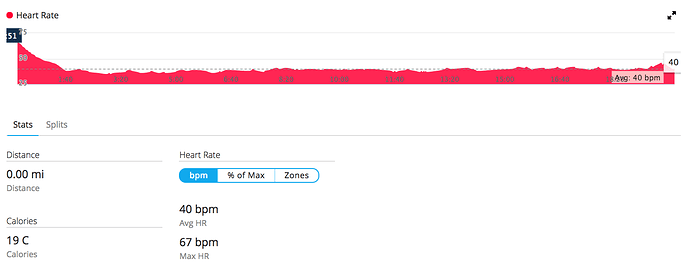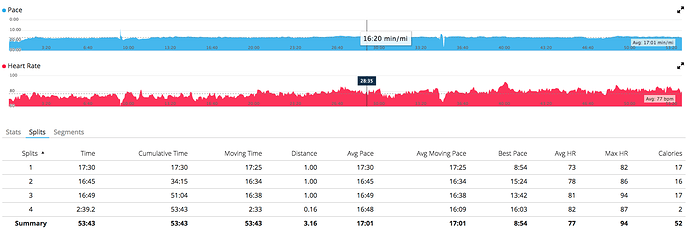Hey man!
Joints, bones, etc hold up really well. It’s my calf muscles (gastrocs and soleus, mostly soleus) that get beat up the most. I run mostly on concrete sidewalks using ~4.5-5 oz XC flats. But, given how light I am, it seems that i’m able to handle it. Plus, I grew up playing basketball on hard outdoor courts so, I think I just handle those hard surfaces well. I run on a nice track ~1x/wk, it’s hard but bouncy, nothing like concrete/asphalt. As for my calves, I think it has alot to do with my joint angles and the zero drop flats I run in, I think I really get an intense loading of my gastrocs & soleus when i’m running, those muscles absorb a ton of force. I’m also pretty springy when I run, so my gastroc-soleus-achilles complex attributes greatly via elastic energy return per stride, IMHO - this also seems to increase as I get lighter, it’s as if my “form shifts” to make better use of this complex. EDIT: You know what also gets wrecked on occasion though? Toes (blisters/painful), toenails (black/painful), nipples chafed (painful af), lmfao. “runner problems”.
Losing weight effects my running, jump, and sprinting significantly. It’s why I always end up getting “extremely” light. I think it also helps reduce the overall pounding my body takes, per stride or landing etc.
I’ve only had one bout of shin splints, and that was when I started getting serious with vertical jumping & ramping up the volume of jumps, drops, and rebounding exercises etc.
Ironically, I had one “major” injury from running, but it surfaced when I started to go from concrete to grass. LMAO. I wanted to see if my body would feel better with the softer surface, and after a few weeks of running on grass, my left knee’s patella started tracking. I felt like absolute garbage running on grass.
Also as far as mileage goes, I think 80 is enough for me. I mean my main focus is just to peak my 1500m / 1-mile running ability, but I also want repeatable low 5 minute miles or even a few repeatable sub 5’s, so need a very strong cardiovascular system. Above 80, given the surfaces i’m running on, seems more risky.
FWIW, if I lived near a track, i’d use that more than concrete. Both tracks I use are 35-40 minutes away, and one is open only once per week & the other is closed for maintenance for a while longer. One thing i’ve noticed, going from concrete to track is no problem, going from track to concrete takes adjustment. A few months ago I started running exclusively at my old university track, then went back to concrete and I was wrecked. Never had a problem going from concrete to track, in fact I just get right on a track and feel great, hah.
peace!!





